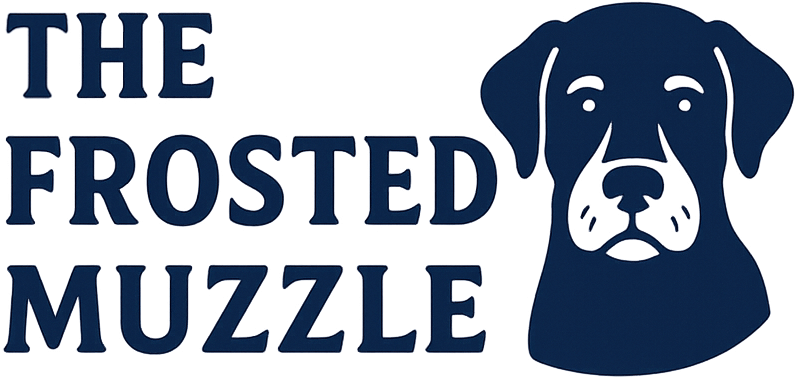Table of Contents
Labradors are known for their boundless energy, loyal companionship, and goofy charm. But even the most sprightly Lab eventually slows down. The question many dog owners quietly wonder about is: when does that shift happen? When does a Labrador become a senior?
While there’s no sudden moment, most veterinarians agree that Labradors start entering their senior years around the age of 7 or 8. Of course, the timeline can vary. Genetics, lifestyle, and health play major roles. A Lab who’s stayed active, maintained a healthy weight, and had regular checkups may seem younger than the number on their vet file.
Age shows up in subtle ways at first—less stamina on walks, a preference for long naps over fetch marathons, maybe some gray whiskers sneaking in around the muzzle. Over time, joint stiffness, hearing loss, or changes in appetite might appear too. These aren’t just signs of aging—they're cues to shift how care is given.
Being a senior doesn’t mean a Labrador is on borrowed time. It just means they may need a little more comfort, a bit more rest, and some adjustments to keep thriving. Softer bedding, gentler exercise, and regular vet visits go a long way.
The senior stage of a Labrador’s life isn’t about winding down—it’s about honoring the years of joy they’ve given and making the most of the time still ahead. And if anything, it’s a time when their loyalty grows even deeper, their bond with family even stronger.

